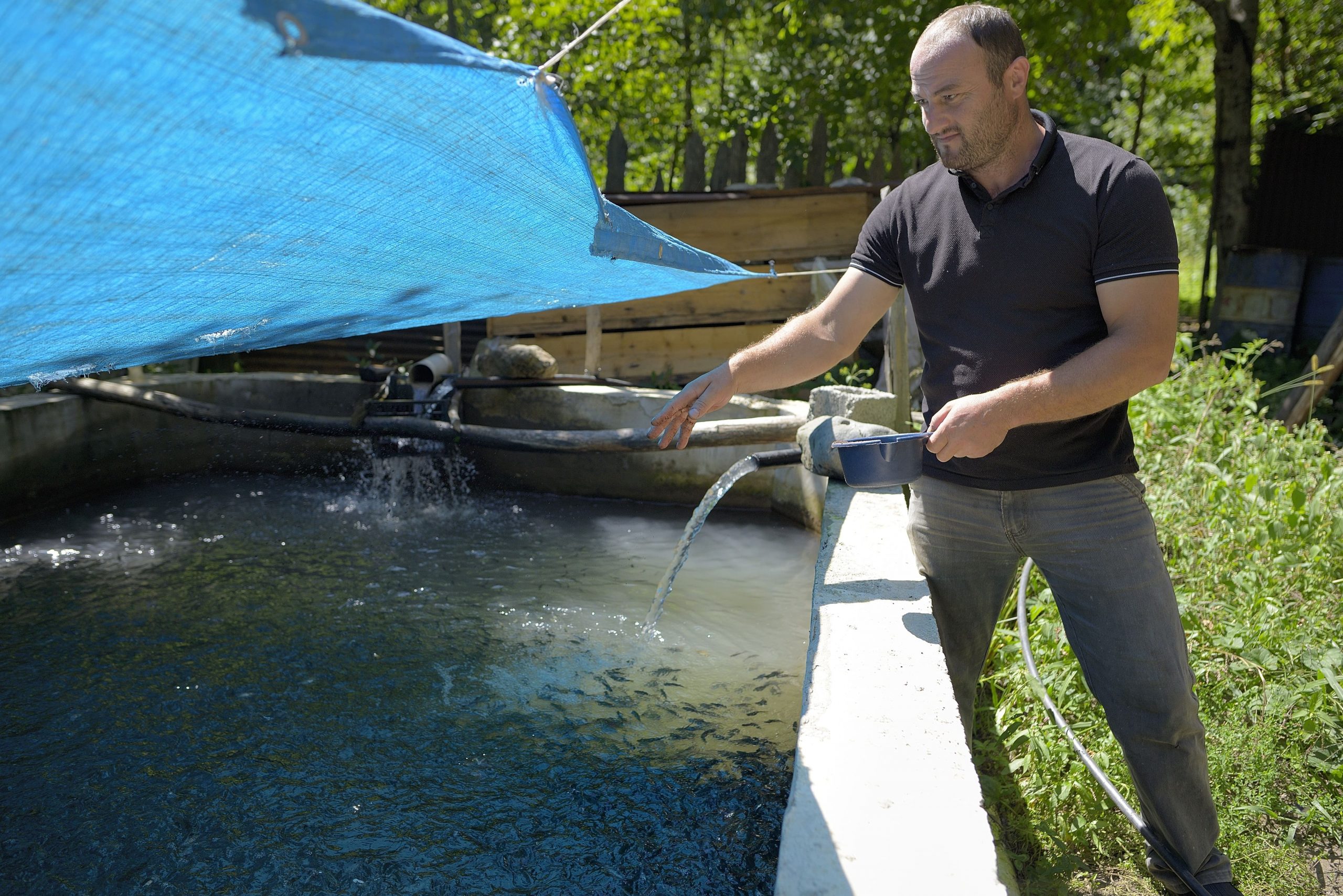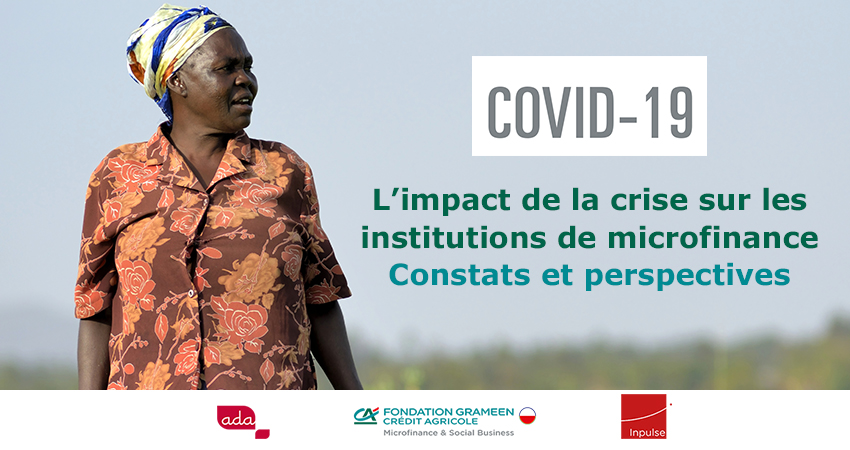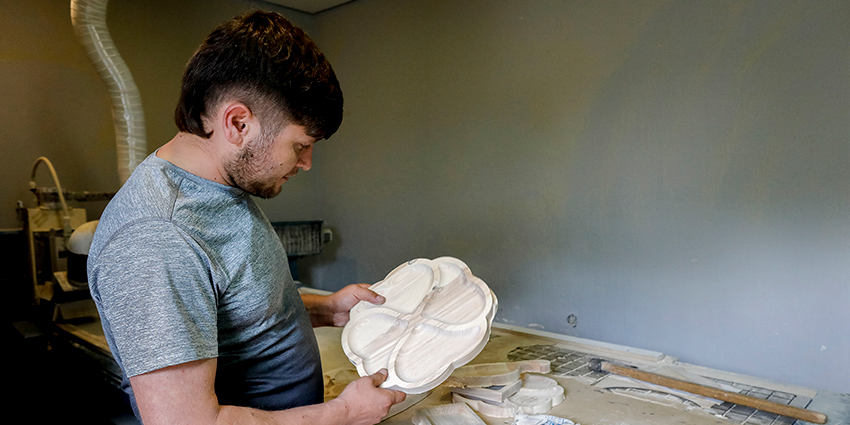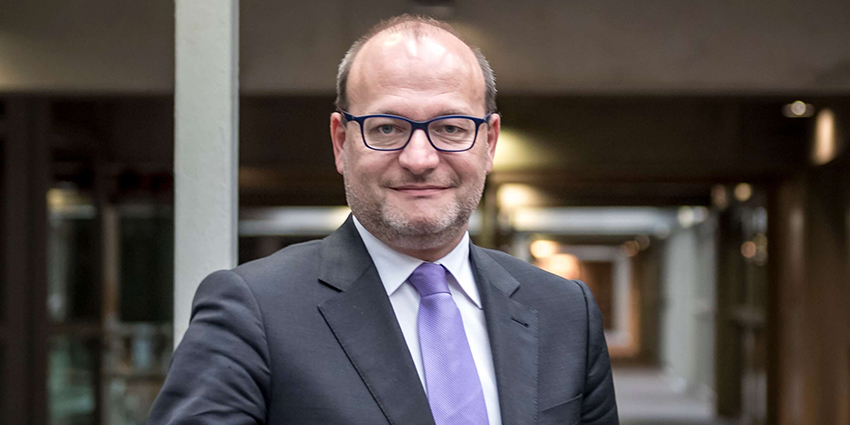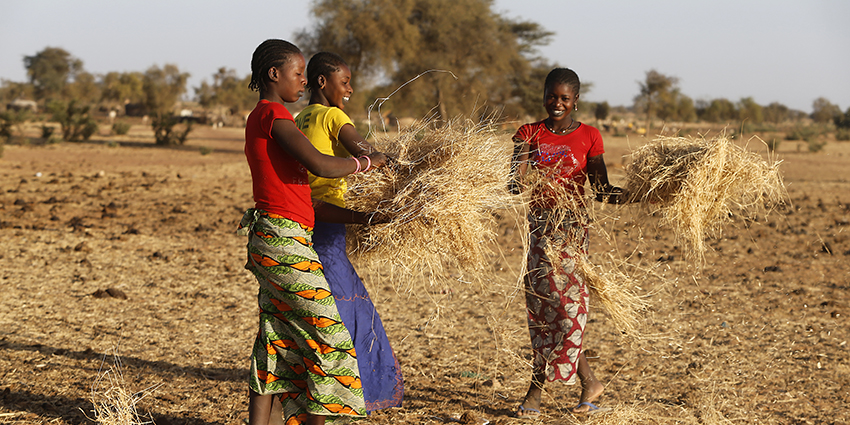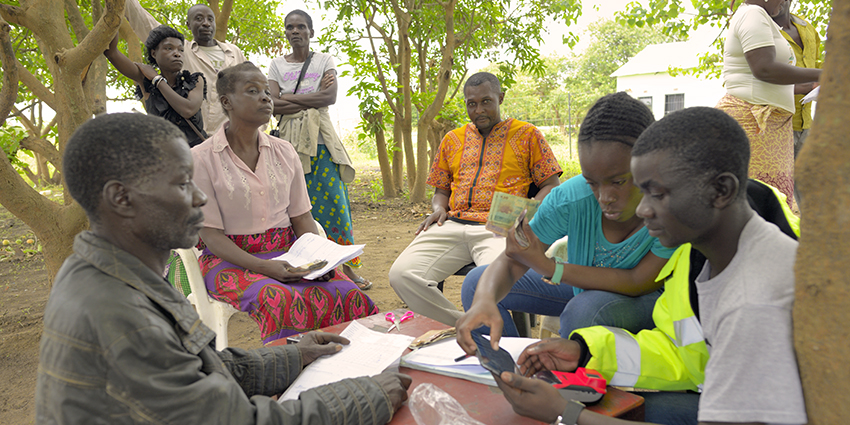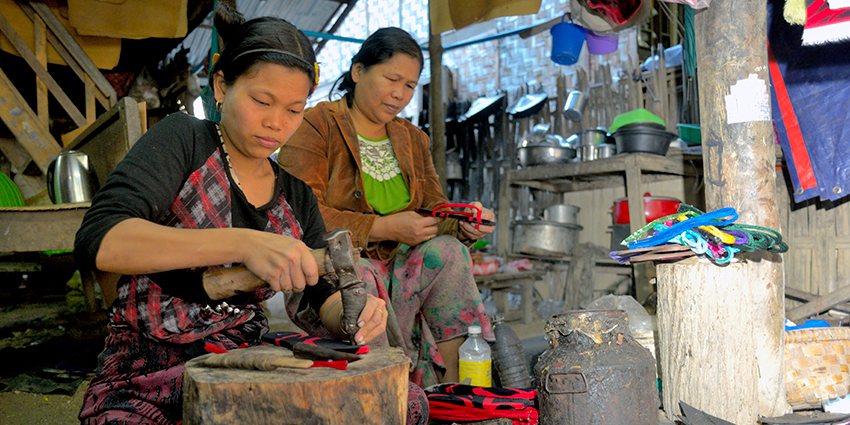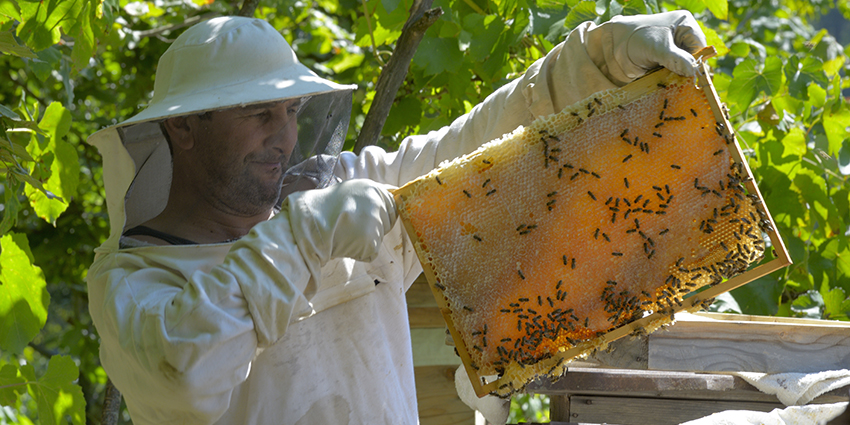Newsletter #39: Resumption of activities in the microfinance sector
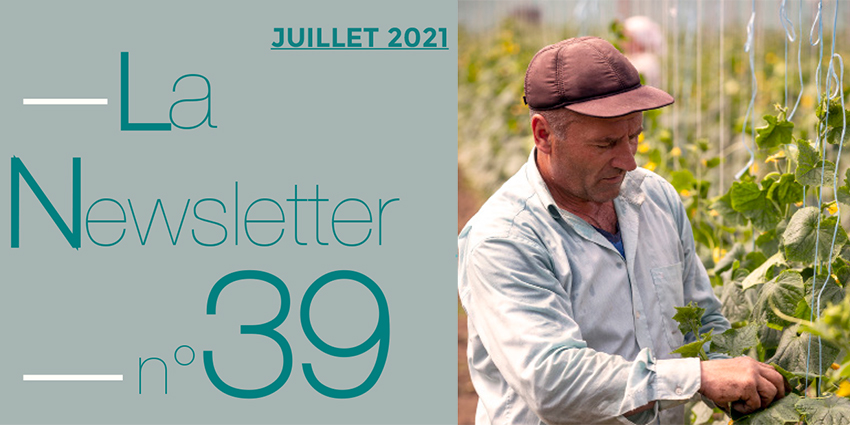
The Grameen Crédit Agricole Foundation has published its Newsletter #39, which highlights the great resilience demonstrated by its partners in providing the best possible support to vulnerable populations.
The Foundation has been interested in the effects of the Covid-19 crisis on its partner microfinance institutions (MFIs) and has conducted a series of surveys for over a year in collaboration with ADA And InpulseThe results of these studies are summarized in the report "The impact of the crisis on microfinance institutions. Findings and perspectives." which we invite you to discover in this Newsletter.
While the pandemic has had a significant impact on the activities of microfinance institutions, we are now seeing a gradual return to normal for the majority of them, as evidenced by KOMIDA. A major player in microfinance in Indonesia and a partner of the Foundation since 2004, KOMIDA has managed to continue its activities and development in rural areas with the opening of 10 additional branches in 2021. The institution continues to support its clients by focusing on granting social microcredits.
In the "Words from the Field" section, we present UGAFODE Microfinance Limited, a Ugandan microfinance institution at the forefront of financial inclusion for refugees. Thanks to support from the Foundation, the United Nations High Commissioner for Refugees (UNHCR), and the Swedish International Development Cooperation Agency (Sida), UGAFODE opened a branch in the Nakivale refugee camp in March 2020, and the initial results have been very encouraging. The ambition is now to expand the project to other regions.
Finally, you'll discover the testimony of Jean-Baptiste Bounes, Mergers and Acquisitions Manager at SODICA, who carried out the first remote Solidarity Bankers (*) mission with Phare Performing Social Enterprise (PPSE) in Cambodia. Remote and field missions are currently available.
(*) Launched by the Grameen Crédit Agricole Foundation and Crédit Agricole SA in 2018, Banquiers Solidaires is a skills volunteering program open to all Crédit Agricole Group employees in support of microfinance institutions or impact businesses supported by the Foundation.


